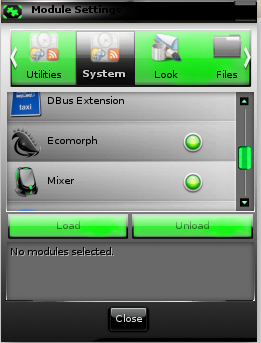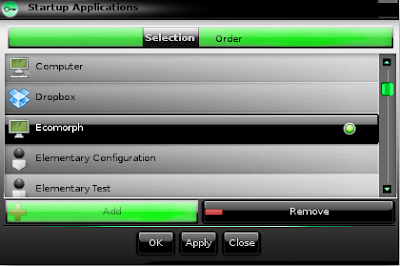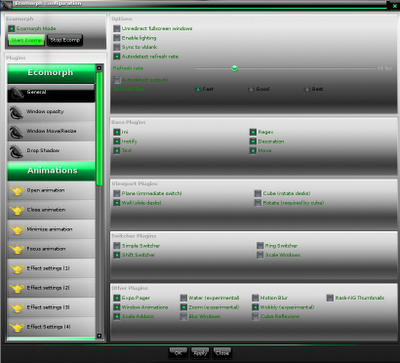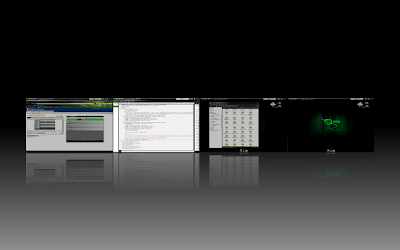"There is no money in making games of Linux"
They said.
"There is only a negligible market share for Linux"
They said.
"They" were wrong. Twice in fact they have been wrong. The folks who seven months ago brought us the first Humble Bundle have, just in time for the holiday, season brought us yet another chance to donate to some good causes and get some quality video games at the same time. For the next three days you can donate any amount you wish and receive each of the following DRM free, cross platform games:
- Braid
- Cortex Command
- Machinarium
- Osmos
- Revenge of the Titans
What does all of this have to do with Linux Gamers being willing to purchase their video games? Well, lets look at the statistics this time around for who is donating what to the Humble Bundle:

Once again users donating for the Linux platform have surpassed both Windows and OSX users for the average donation amount. In addition to that, our "negligible" market share has made up nearly 25% of the total donations. To all my fellow Linux gamers out there - please help us continue proving all of "them" wrong. If you haven't already made a donation for the second Humble Bundle I encourage you to go do so now! Even the small sum of 15$ is enough to continue to raise the Linux average donation amount - an amount that is more than fair for these great games!
~Jeff Hoogland








